October 17, 2025
Empowering students through oracy and literacy

Robin Hill
Head of Modern Foreign Languages
When I first began focusing on oracy in the classroom, I didn’t realise how powerfully it would transform not just how students speak, but how they think. Now, after embedding structured talk and literacy routines across our school at ELIS Villamartín, I have seen first-hand how confident speaking and precise writing grow together. Oracy and literacy are not two separate skills but two sides of the same coin: when students learn to express ideas clearly aloud, their writing becomes more focused, structured, and ambitious.
The power of spoken language
For years, education has rightly emphasised reading and writing, but speaking and listening have too often been treated as secondary skills. Yet spoken language underpins every aspect of learning. The ability to articulate ideas, question others, and reason aloud is the foundation upon which written communication is built. Children who can explain their thinking verbally are far more likely to transfer that clarity into their writing. Oracy, in this sense, is the bridge between thought and text — the rehearsal space where ideas are shaped, tested, and refined before they appear on paper.
Learning to talk with purpose
One of the most effective ways to help students achieve their best is by giving them frequent and purposeful opportunities to use language. Structured talk, discussion, and debate do more than improve vocabulary and fluency; they develop confidence, empathy, and the ability to build on or challenge ideas respectfully. Purposeful talk also encourages students to listen actively — an often-overlooked aspect of communication — which in turn helps them to refine and deepen their understanding of complex topics. When students learn to listen attentively, they learn to respond thoughtfully. This exchange of ideas lies at the heart of meaningful learning.
Every student deserves a voice
There has been extensive research in this area, and it is widely accepted that it is essential to maximise purposeful student talk in the classroom. Whether through paired discussion, role-play, or formal debate, we must ensure that speaking opportunities are not limited to the most confident students. Every learner should have the chance to find their voice. Alongside this, it is crucial we insist on the correct language of instruction. When we model and encourage precise academic vocabulary, we reinforce the link between speaking well and thinking well. In doing so, we help students move from informal, everyday language towards the more analytical and disciplined language of scholarship.
Language beyond the classroom
The development of oracy and literacy cannot stop at the classroom door. Parents and family members play a vital role in supporting language growth. Simple activities like reading suitable books in English, watching television programmes and films with English subtitles, or playing word-based games can make a real difference. These everyday interactions expose students to rich language in authentic contexts, helping them to practise vocabulary, pronunciation, and comprehension in ways that feel natural and enjoyable. Families that talk, tell stories, and share ideas together nurture curiosity and confidence — qualities that directly support academic progress.
Learning and perfecting a language takes time, patience, and consistent reinforcement. When students engage in meaningful talk at school and at home, they begin to see language not as a school subject, but as a living tool for learning, creativity, and connection. They start to use language to reason, persuade, and reflect — skills that extend far beyond the classroom and into every area of life.
Ultimately, our goal is not only to produce confident speakers or accurate writers, but articulate, thoughtful communicators who can engage, persuade, and inspire others. Oracy gives students a voice; literacy gives that voice permanence. When both are nurtured together, we empower young people to express who they are clearly, confidently, and with purpose. The words they speak today will shape the worlds they create tomorrow — and that is why oracy and literacy are not just educational priorities, but essential life skills for the future.
